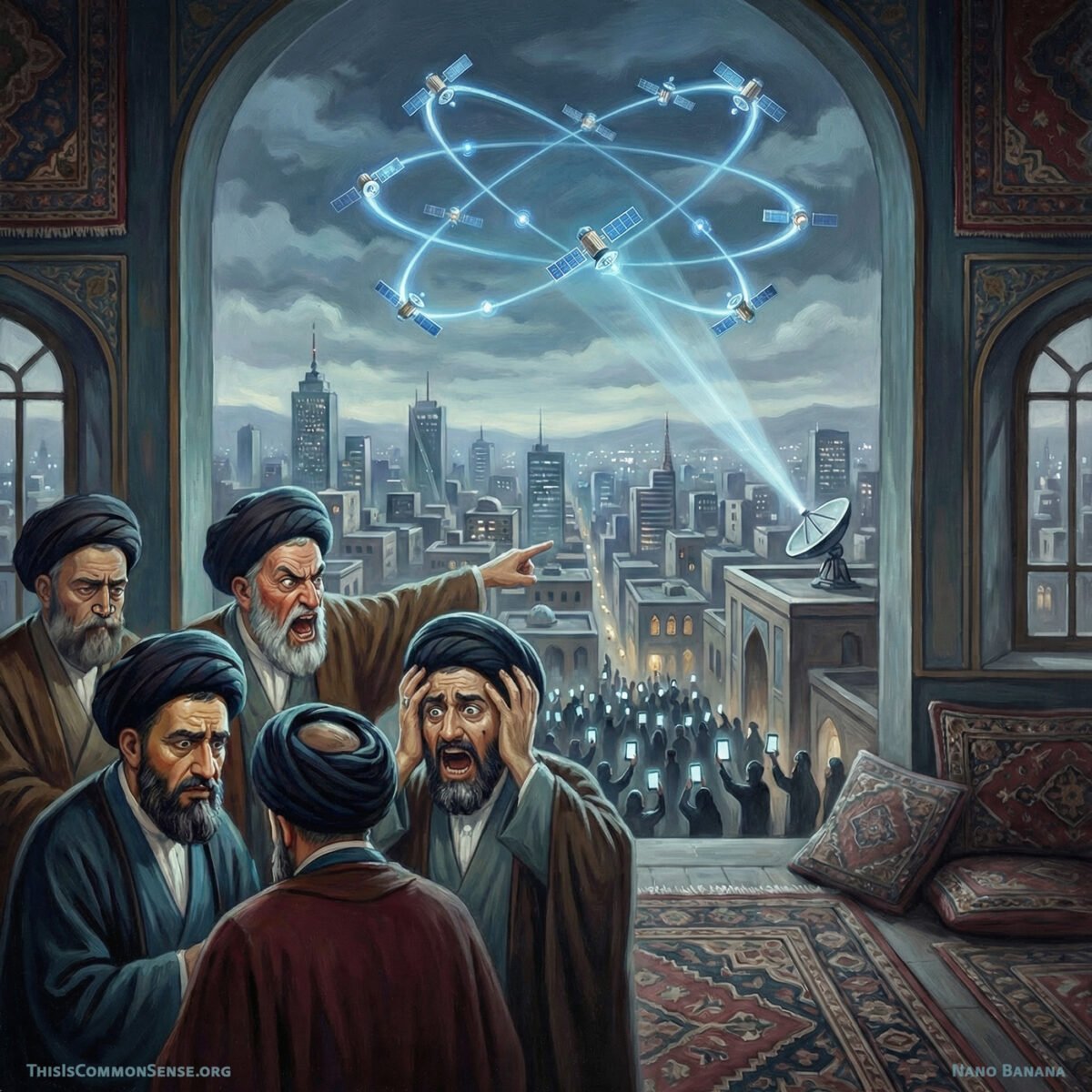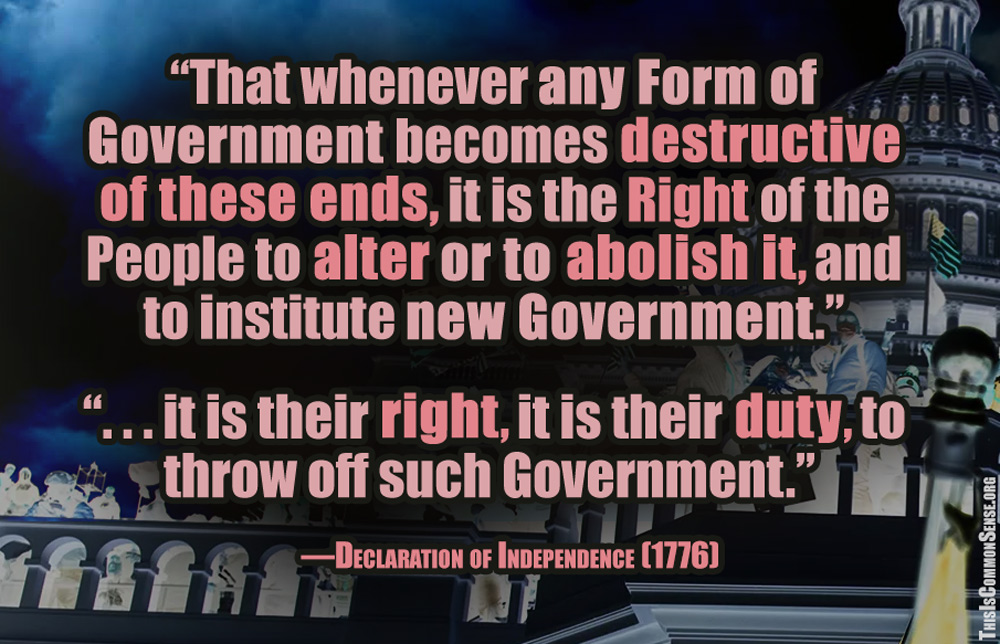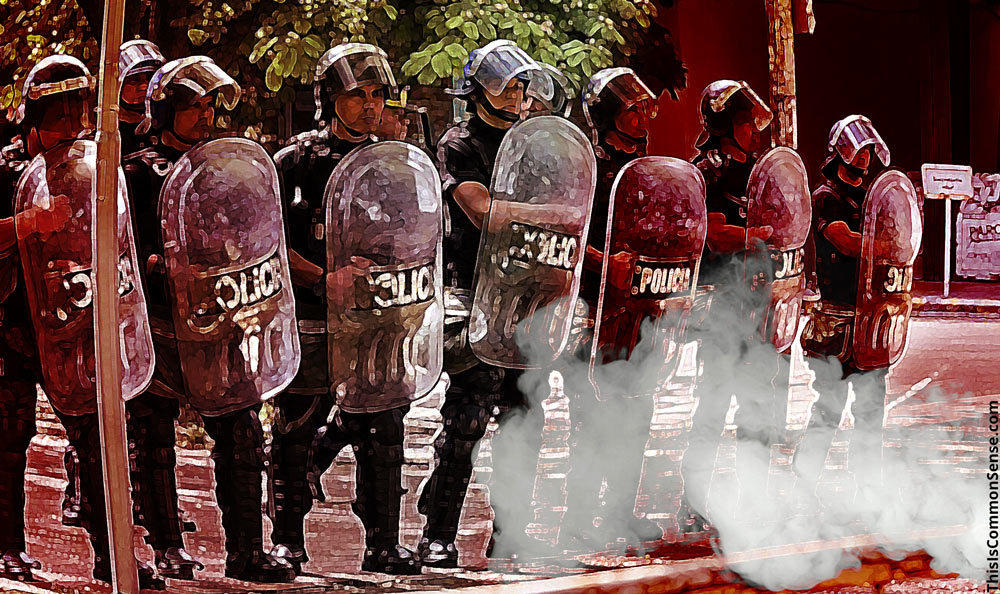In June 2025, Elon Musk helped protesters in Iran by providing free access to his Starlink satellite service. The service restored a means of communicating with each other and the rest of the world that had been blocked when the Iranian government shut down the country’s Internet.
The mullahs tend to do that when the pressure on their regime reaches a certain pitch. As has certainly happened again over the last few weeks.
Some 500 protesters have been killed so far, according to the group Human Rights Activists in Iran, as the unrest spreads.
Again, the Iranian government has shut down the country’s Internet.
Is Musk stepping in? Middle East Online has reported that Iranians with smuggled Starlink terminals, which are illegal to possess in Iran, will again have Starlink-provided Internet access, asElon Musk’s Space X activated Starlink “as of January 9, 2026.” If the story is accurate, protesters with a terminal will again have free access to the Internet for a limited time.
In the past, Iran has complained to international bodies about Starlink’s satellites … and tried to jam their signals, but to no avail.
The few reports on the Starlink access attribute the news to Israeli Channel 14. Other recent reports, though, suggest that President Trump “will speak with SpaceX owner Elon Musk” about restoring Iran’s Internet.
Let’s just stipulate that if Starlink has not yet been made available to the protesters, it would be great if it were.
This is Common Sense. I’m Paul Jacob.
Illustration created with Nano Banana
See all recent commentary
(simplified and organized)
See recent popular posts







